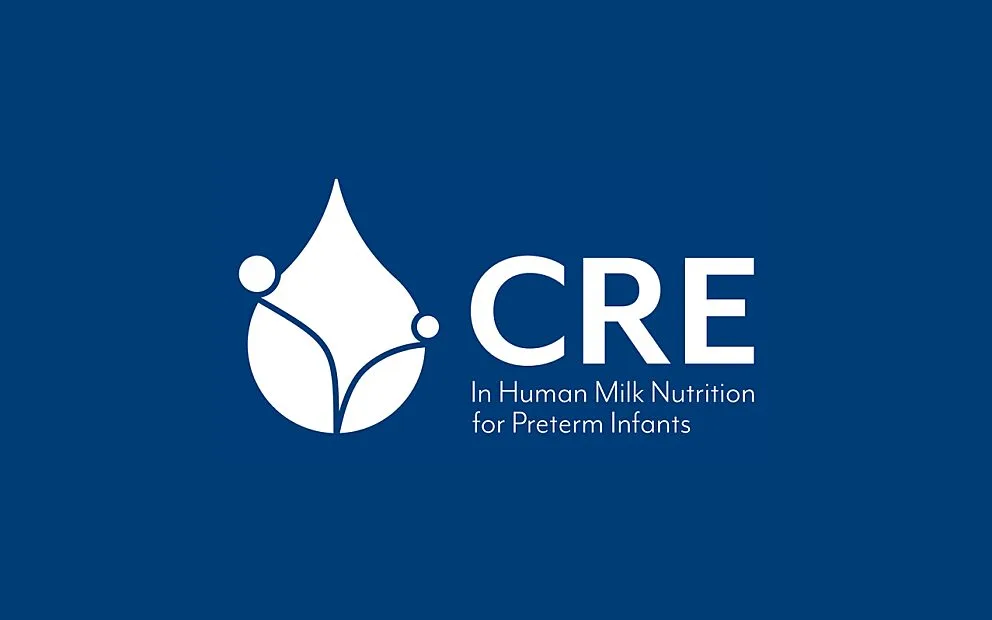Our vision is to improve human milk feeding among preterm infants.
By doing so we aim to reduce the burden of prematurity related cognitive and physical impairment on children, families and society.
Our program of research involves working with families and health care providers to understand why breastfeeding rates are lower in premature infants than full term infants, to improve breastfeeding support after birth, to optimise the use of donor human milk, and to develop new nutritional interventions that harness the unique components of human milk.
Improving human milk feeding will have an enduring impact on the lives of children born preterm, their families and society. Our multidisciplinary team includes internationally recognised leaders in conducting and translating perinatal interventions to improve outcomes for preterm infants. We will develop and translate co-designed strategies to improve human milk feeding in preterm infants, underpinned by established partnerships with clinical networks, parent-based organisations and industry to ensure effective translation and sustained practice change.

The CRE will address 4 research priority areas
Priority 1: Evidence to drive practice change
Priority 2: Optimising lactation care for mothers and babies
Priority 3: A safe, sustainable supply of donor milk
Priority 4: Lacto-engineering to enhance the benefits of human milk
For more information about the CRE
Visit the websiteProject Leader
PARTNERING INSTITUTIONS
University of Adelaide, Women's and Children's Hospital, Australian Red Cross Lifeblood, University of New South Wales Sydney, Royal Womens Hospital Melbourne, Australian and New Zealand Neonatal Network, Harvard Medical School, Brigham and Women's Hospital, La Trobe University, Flinders University


